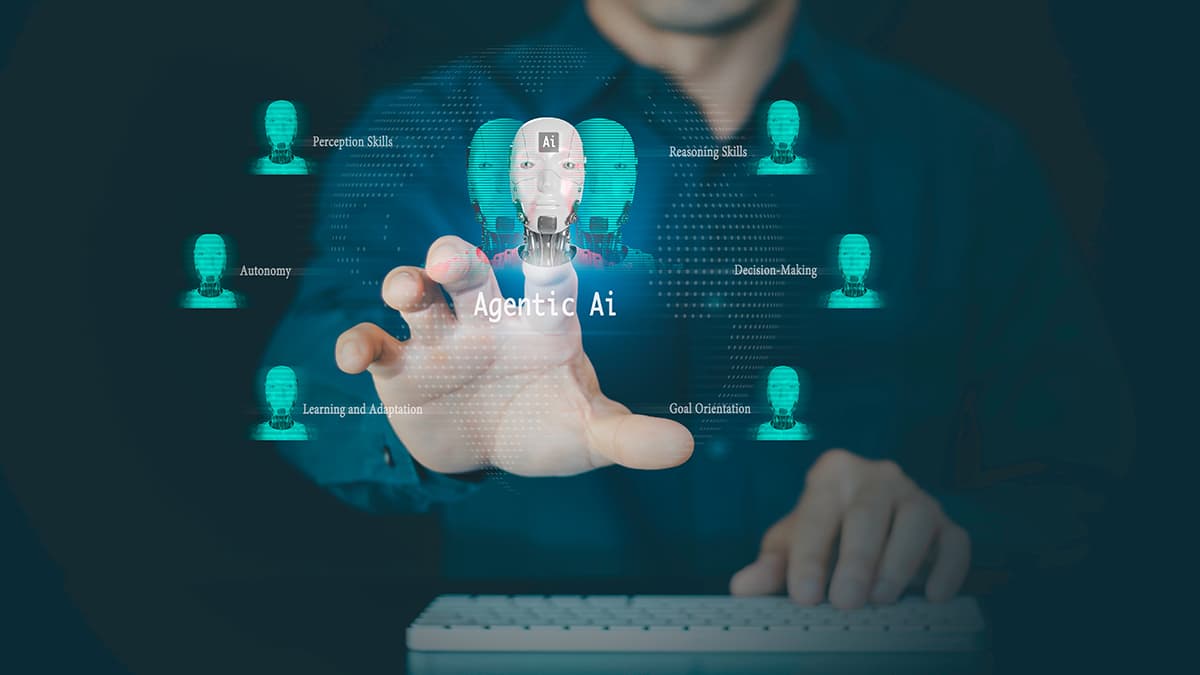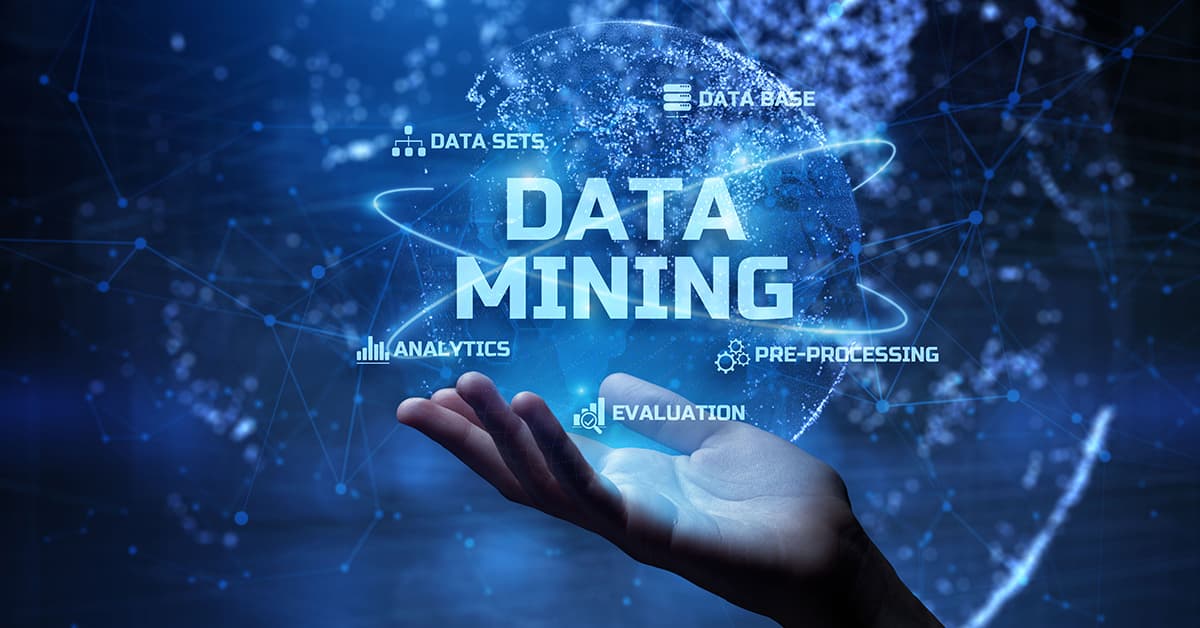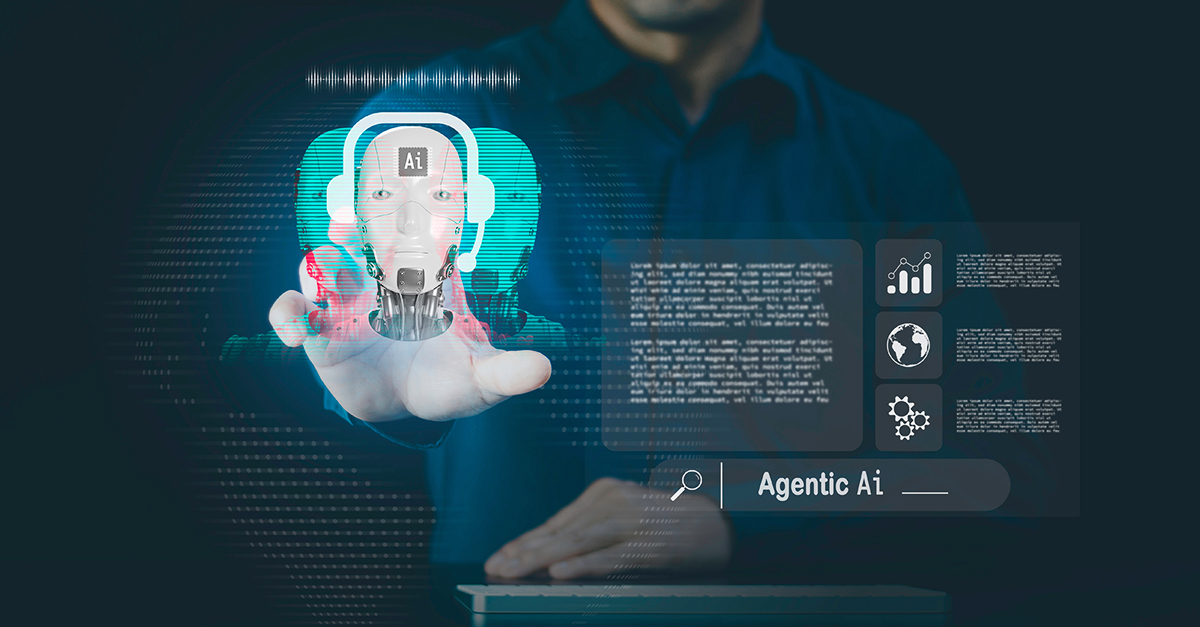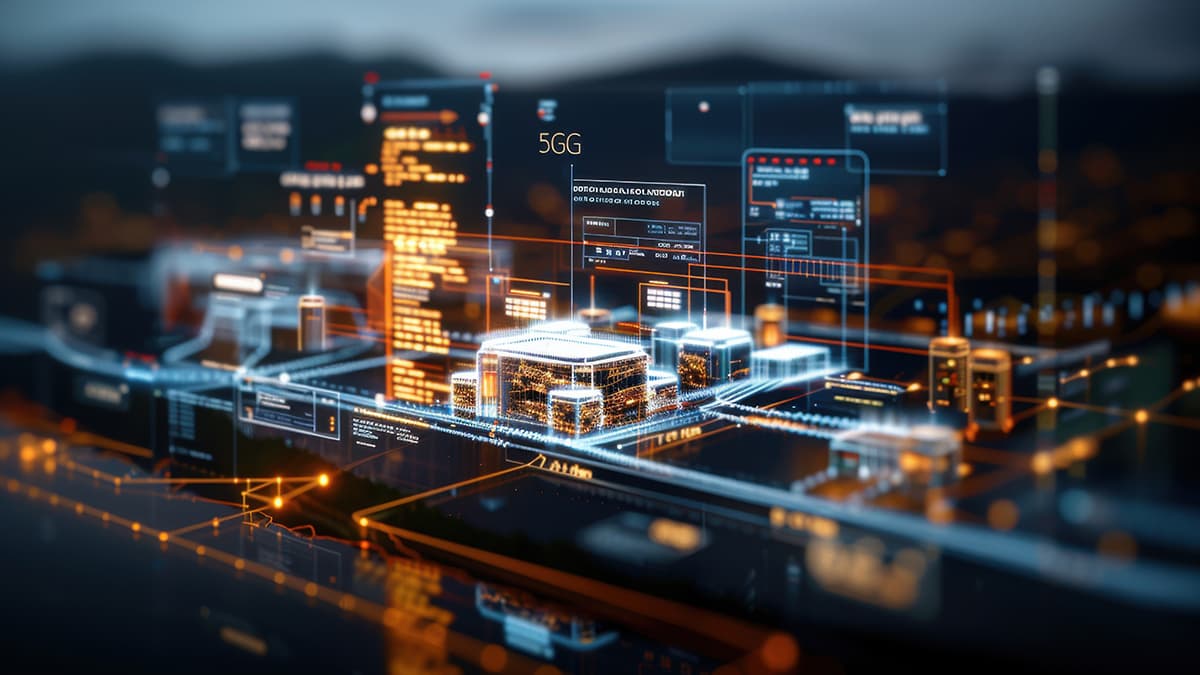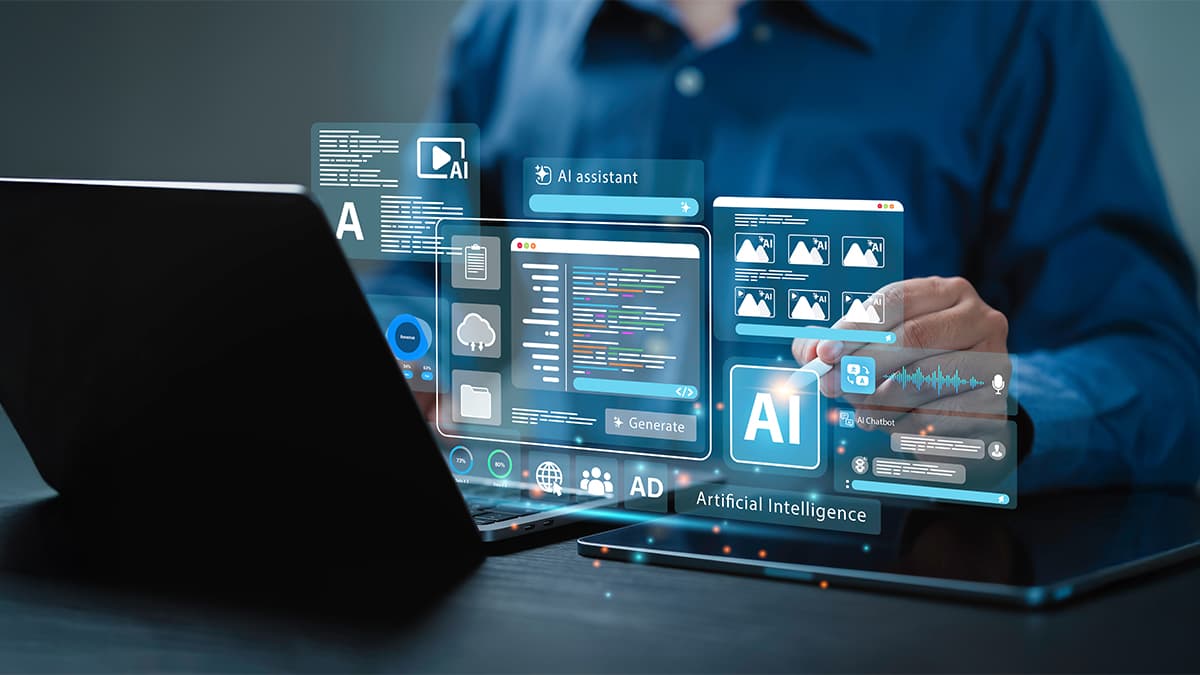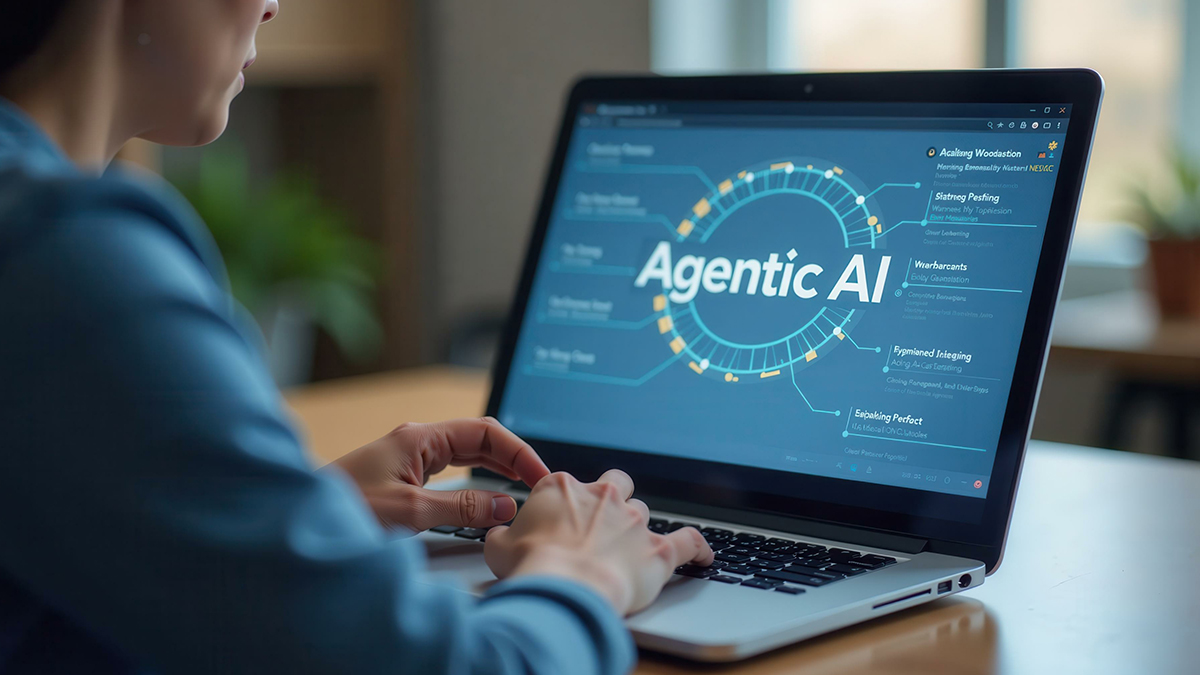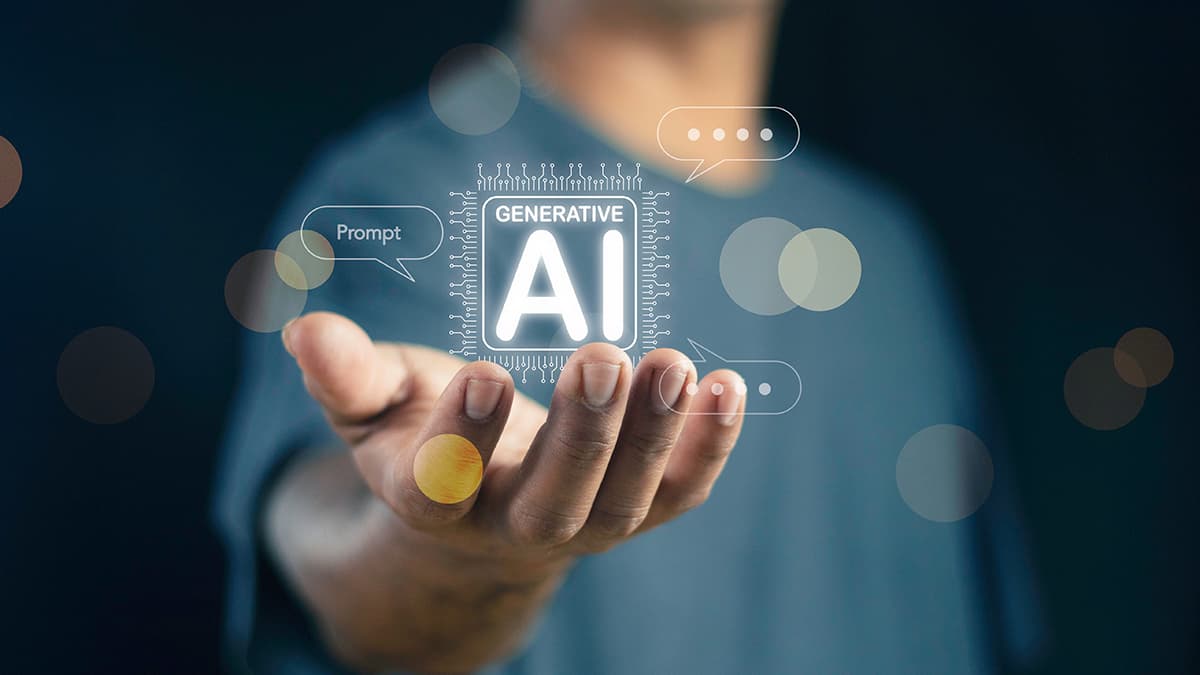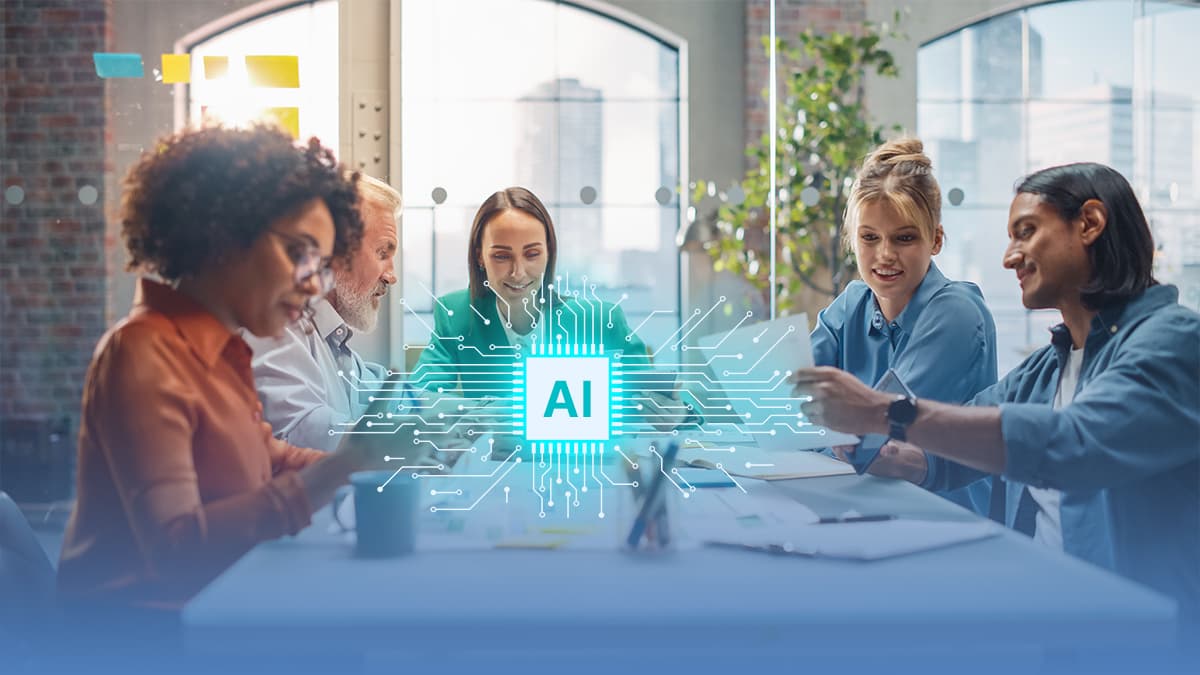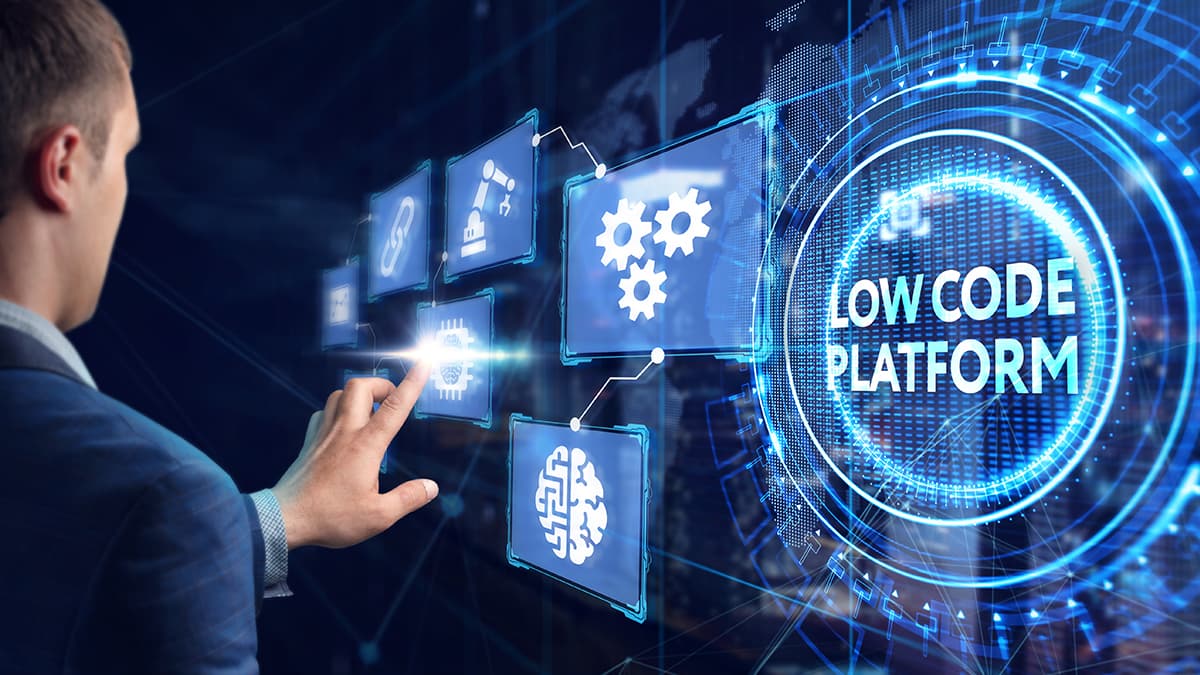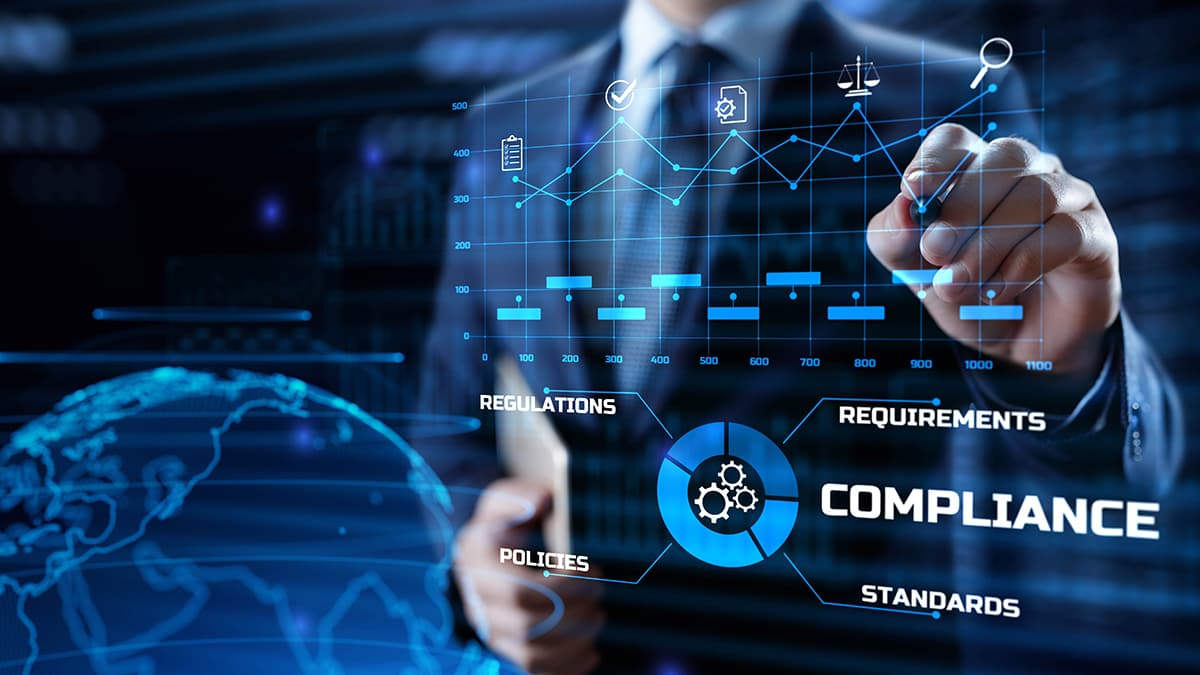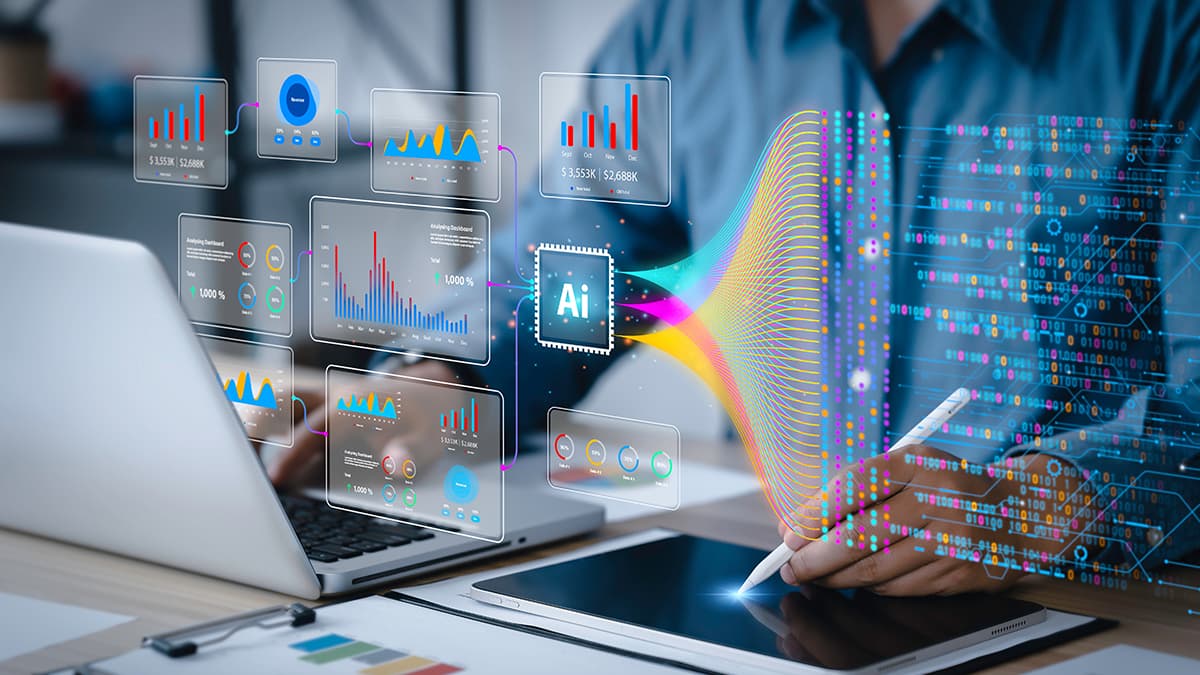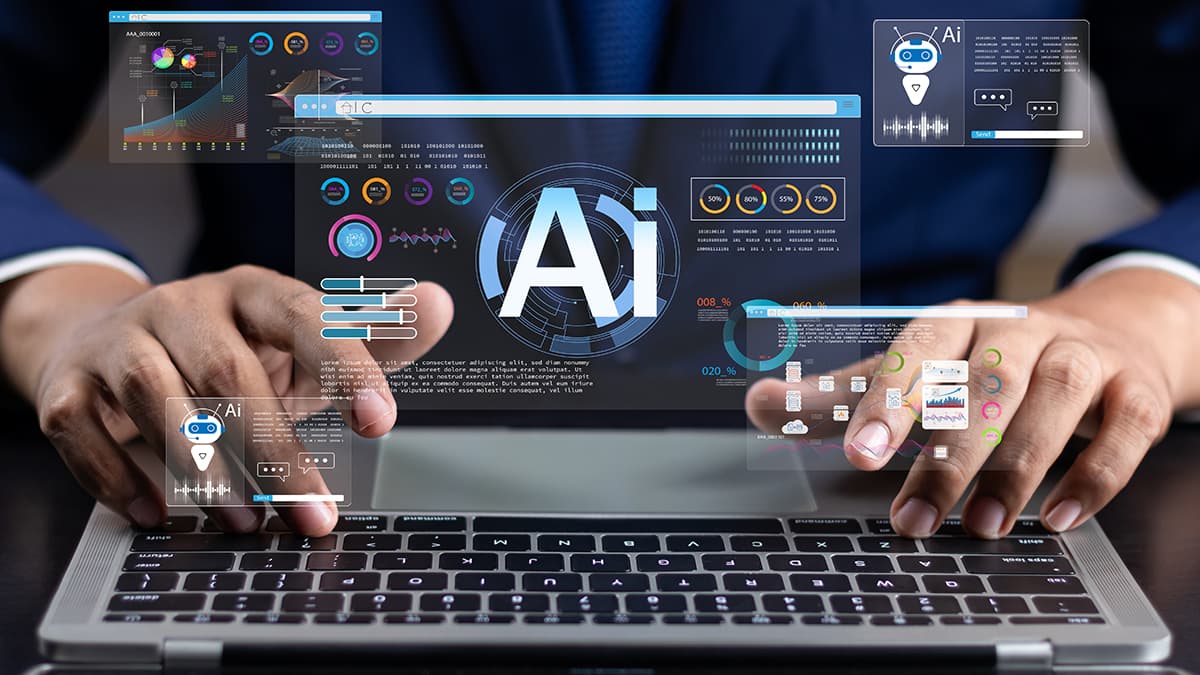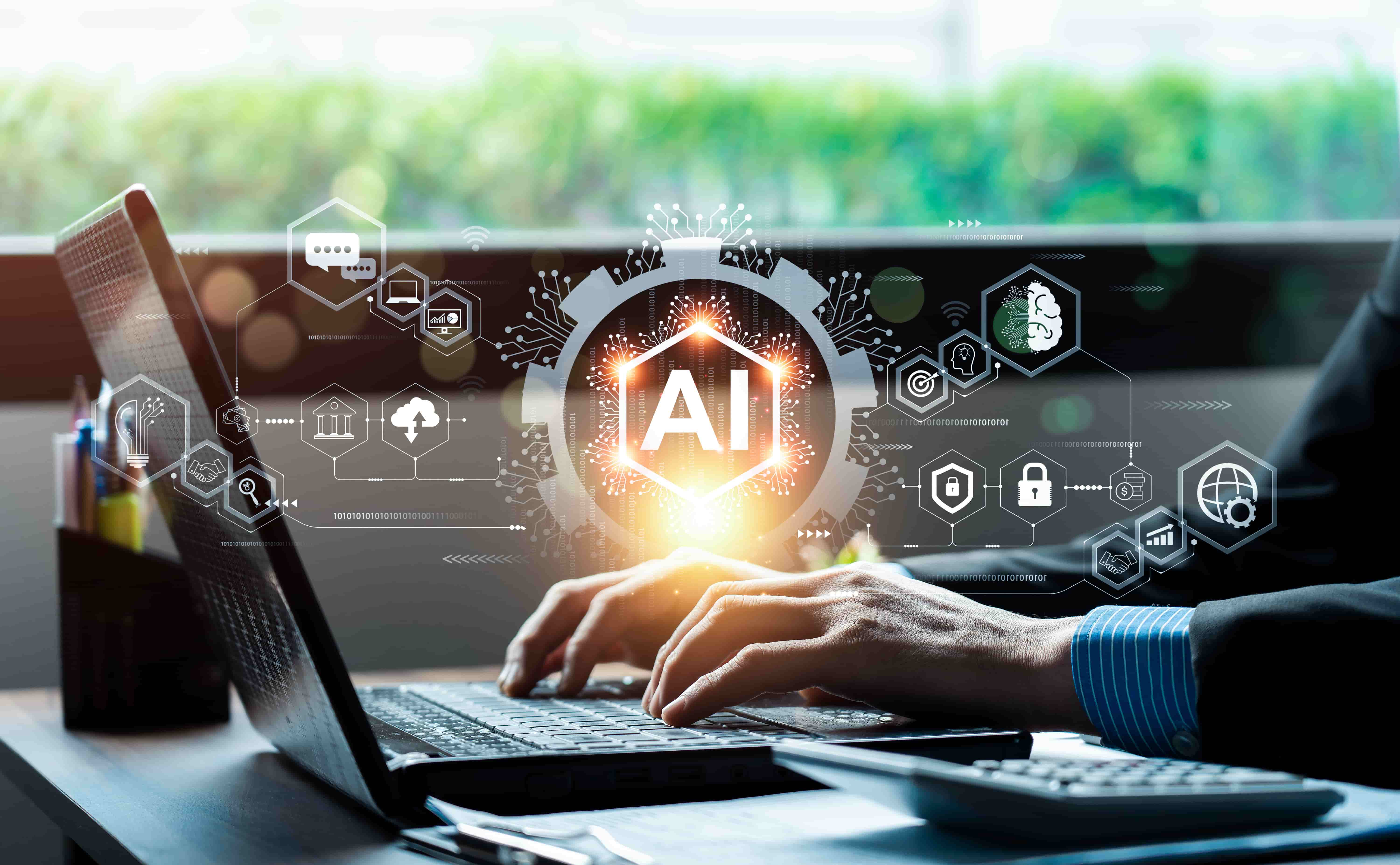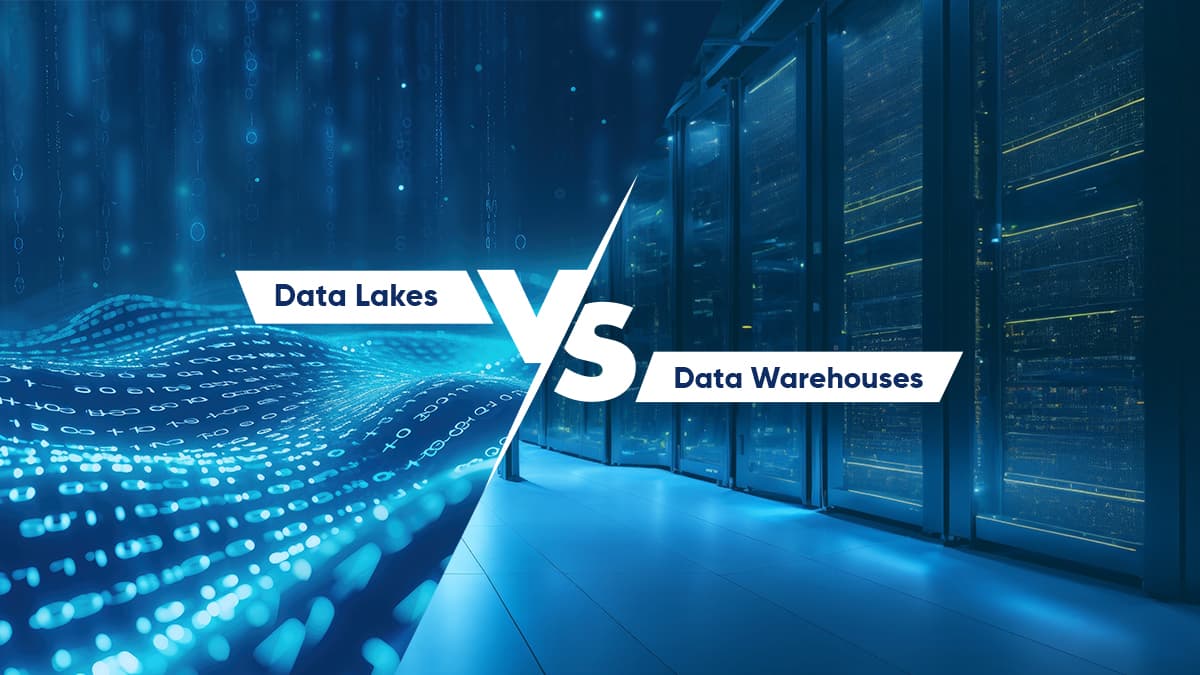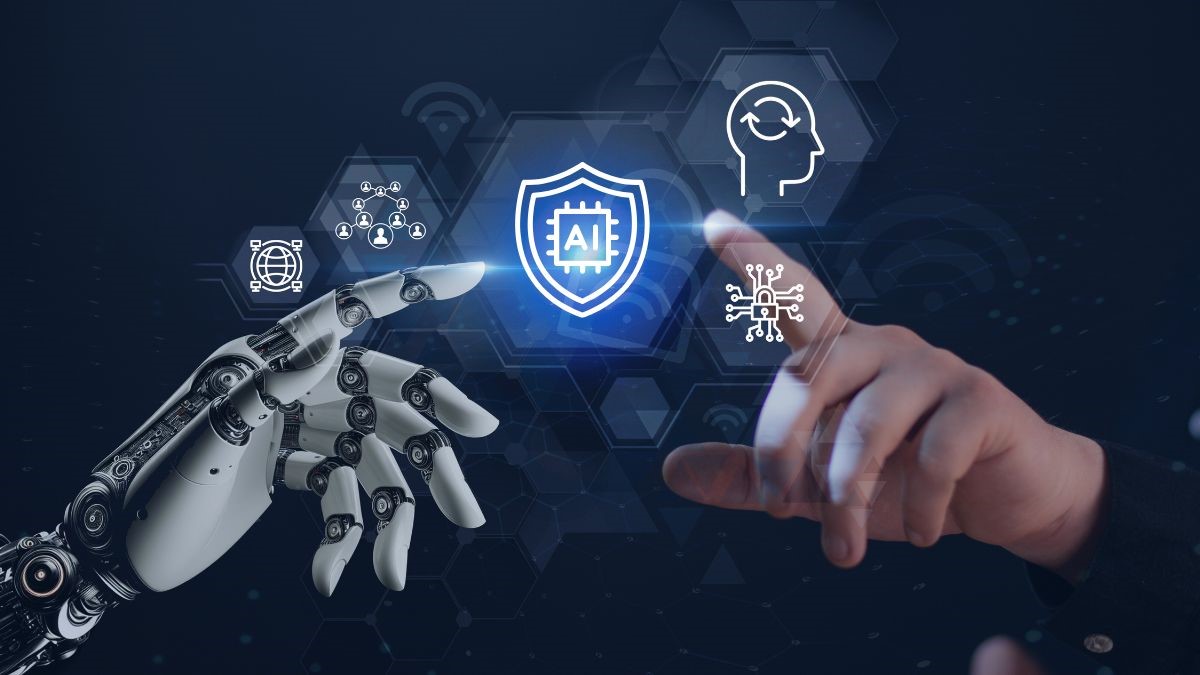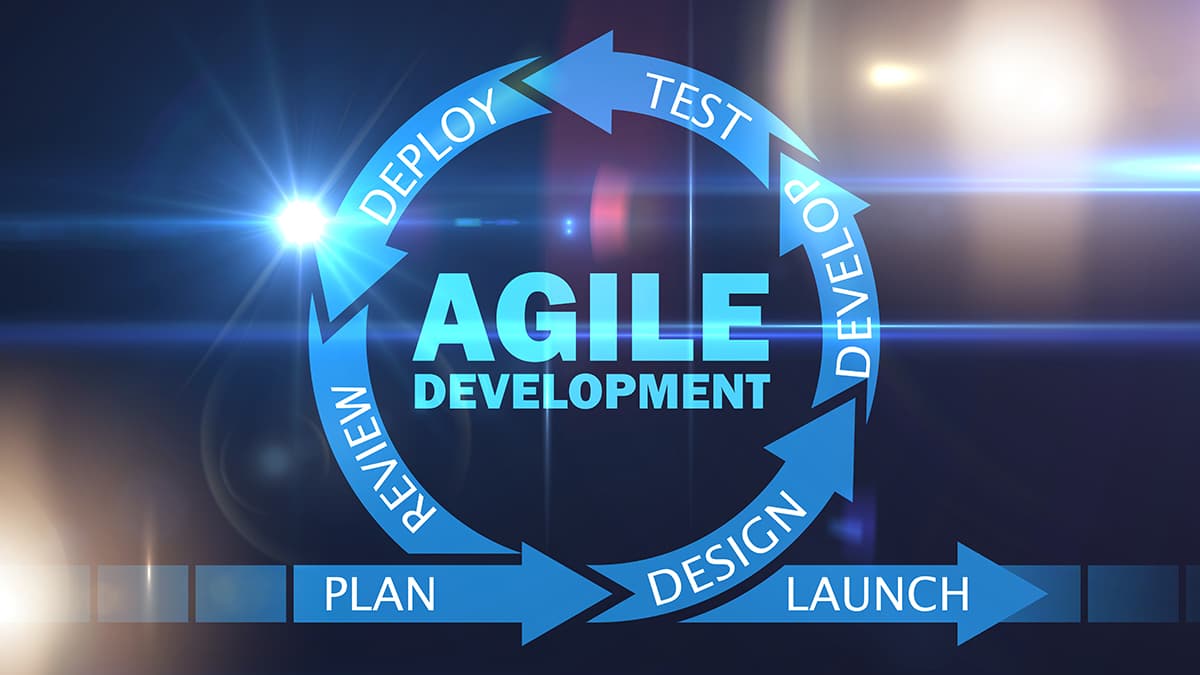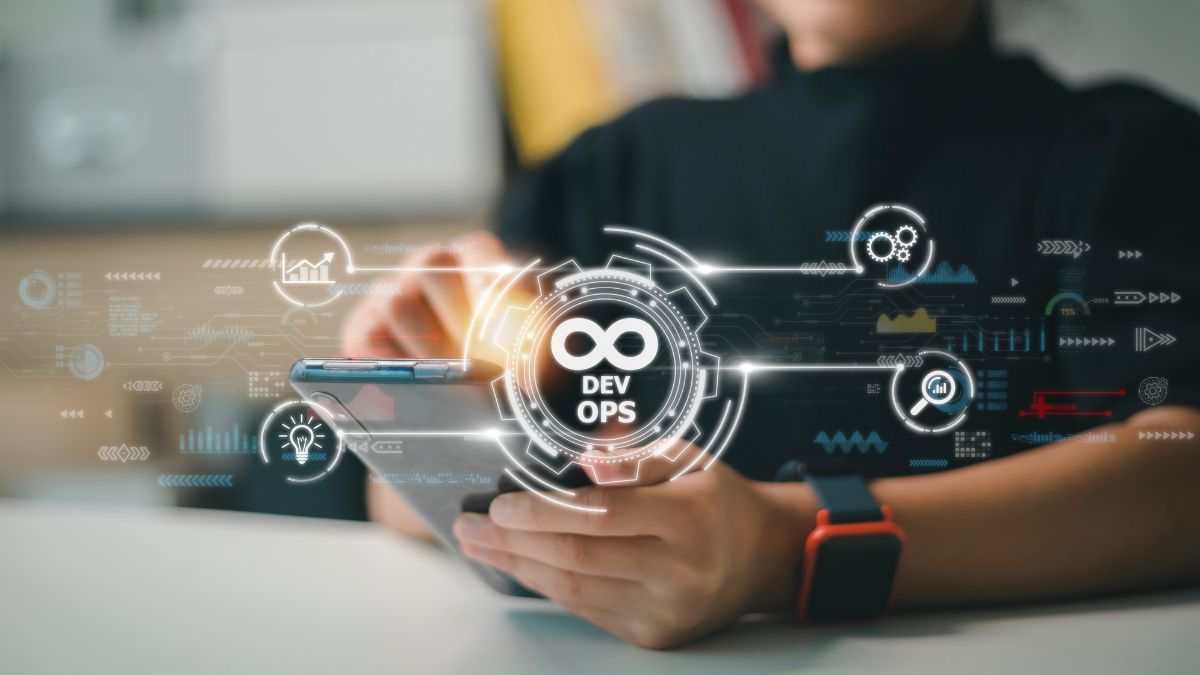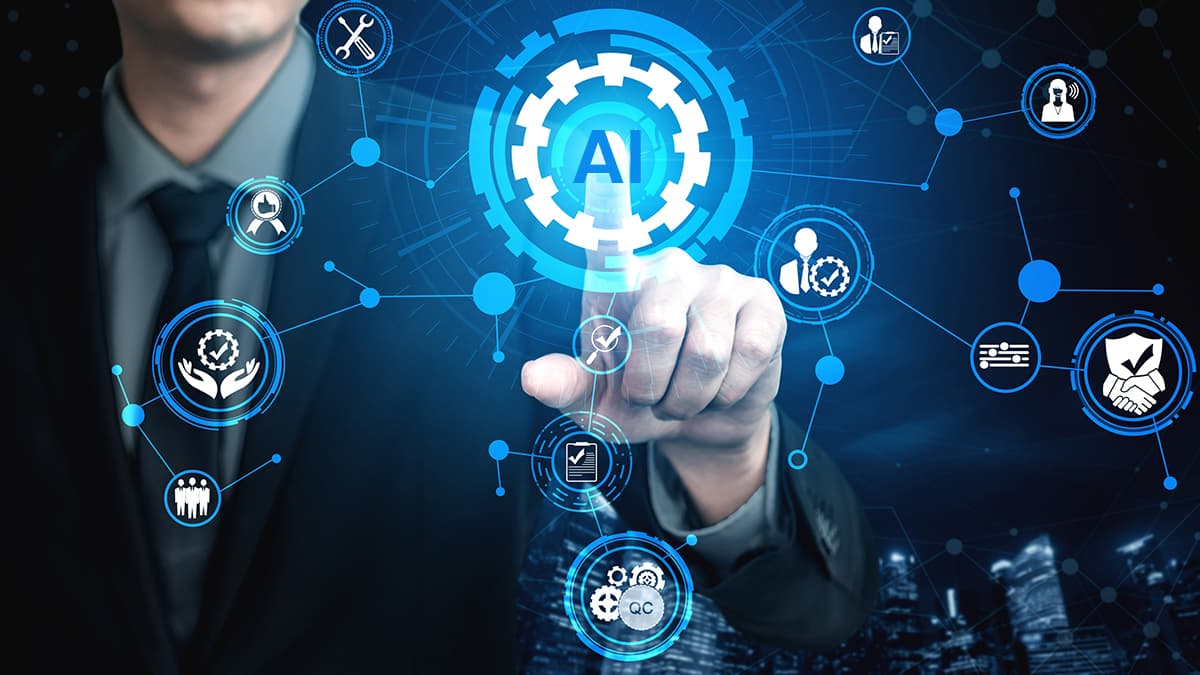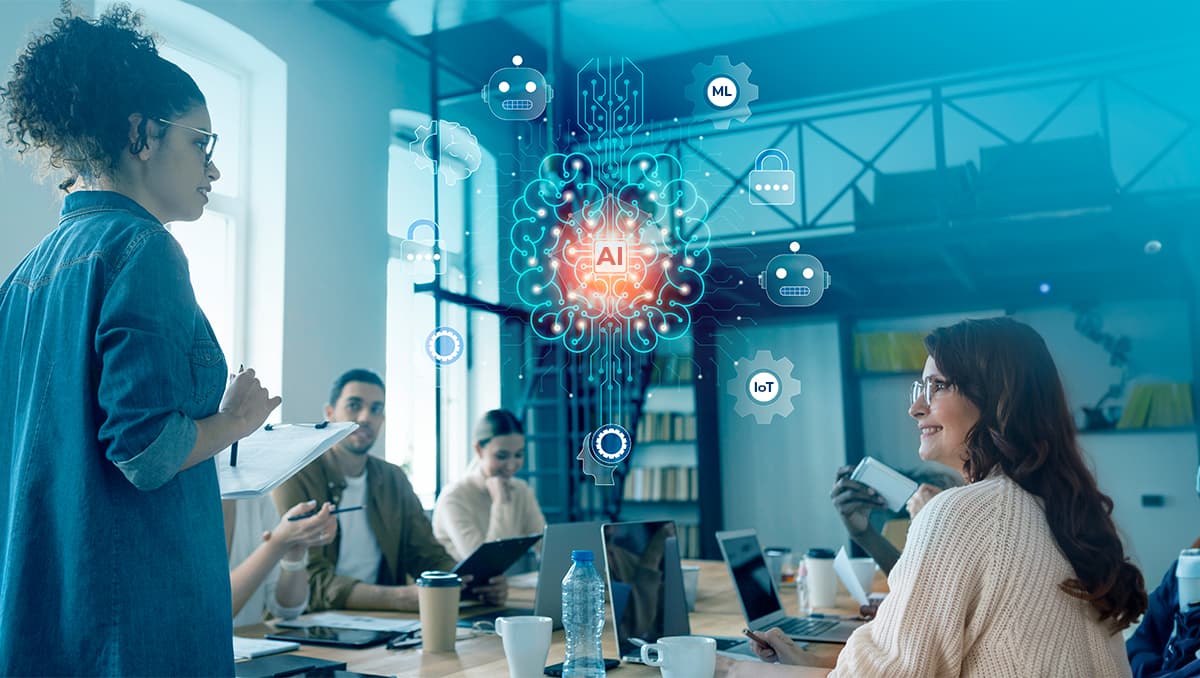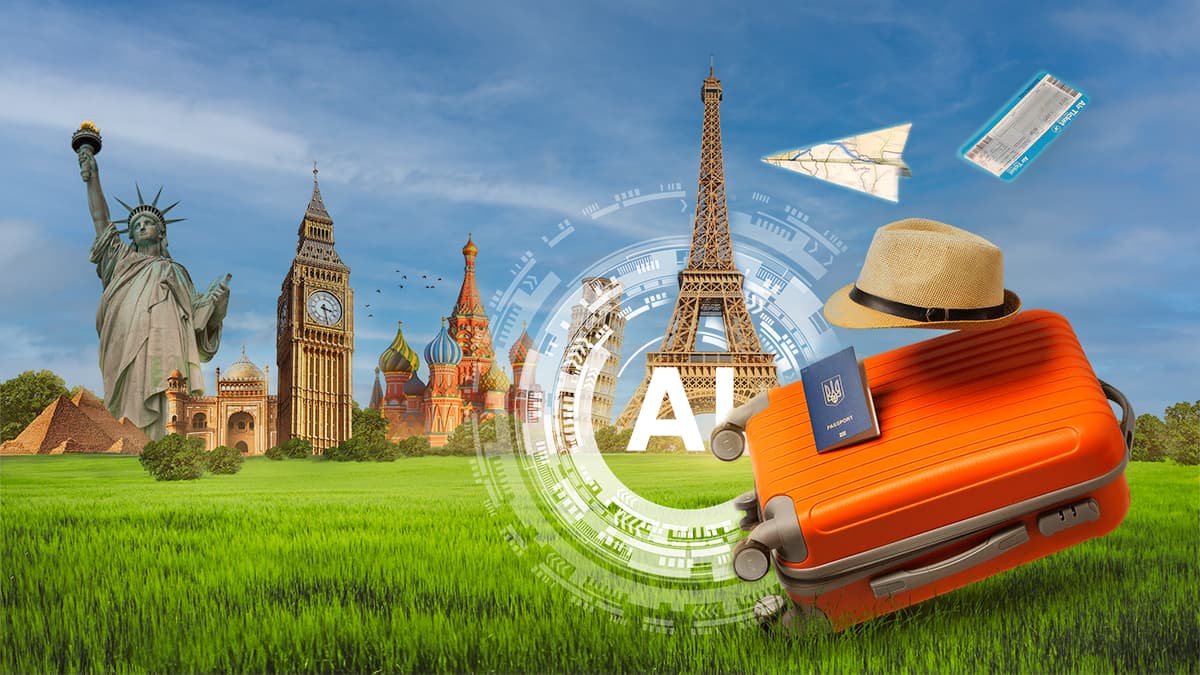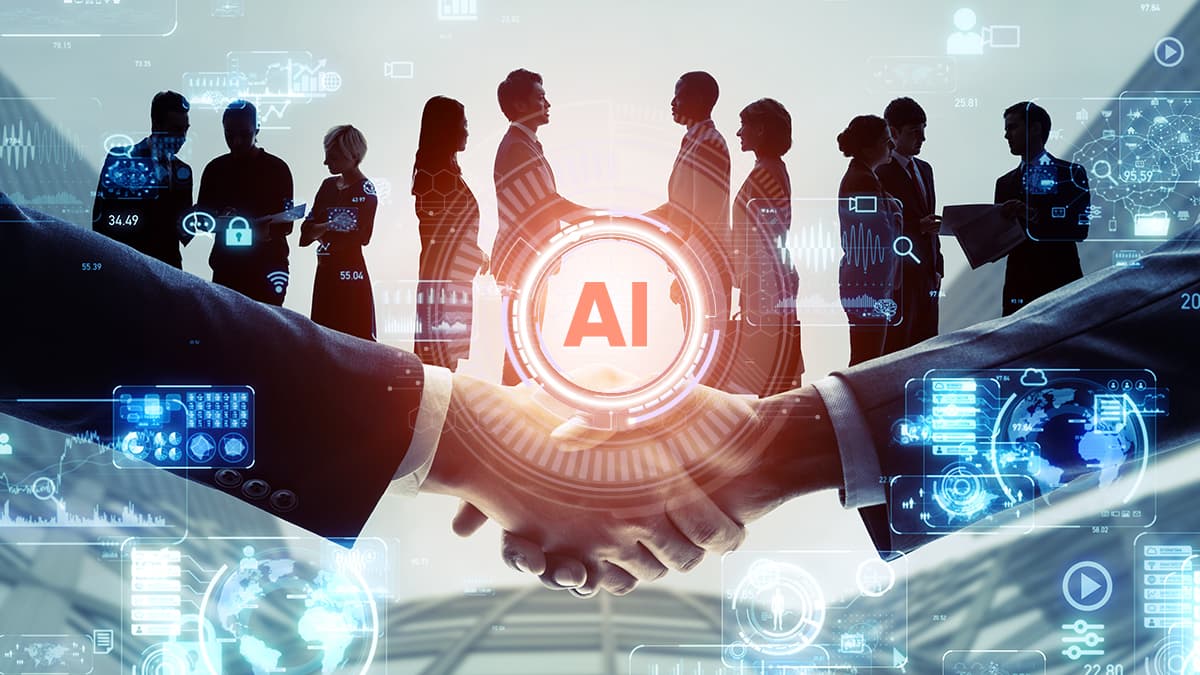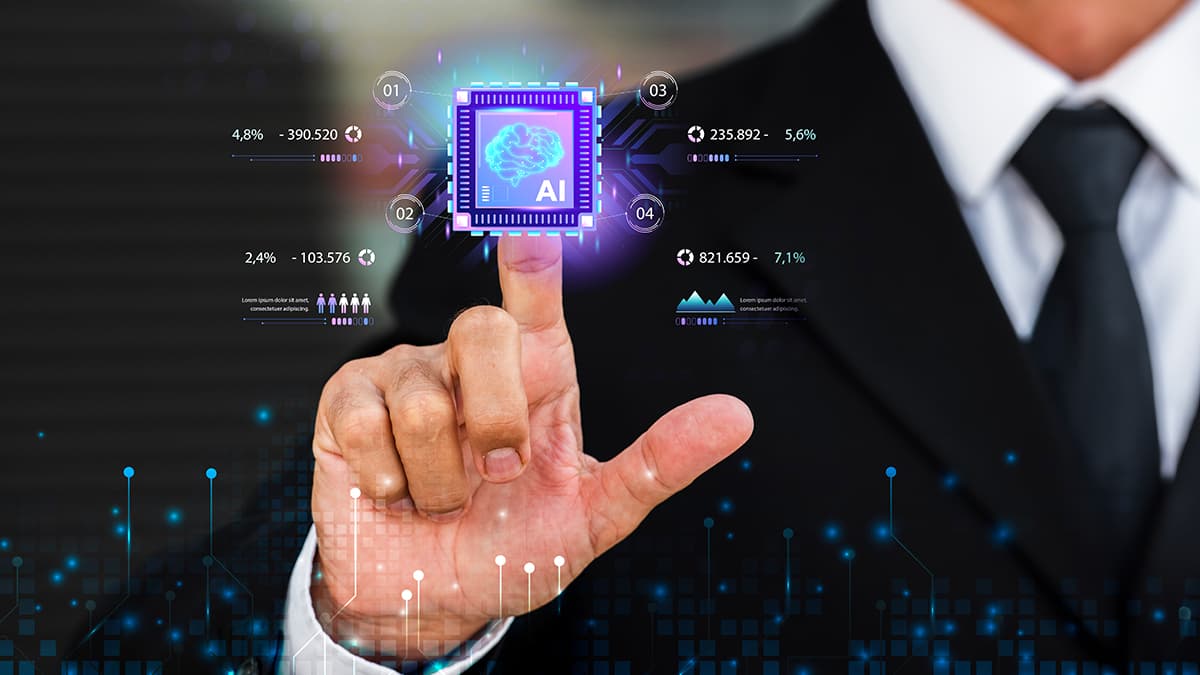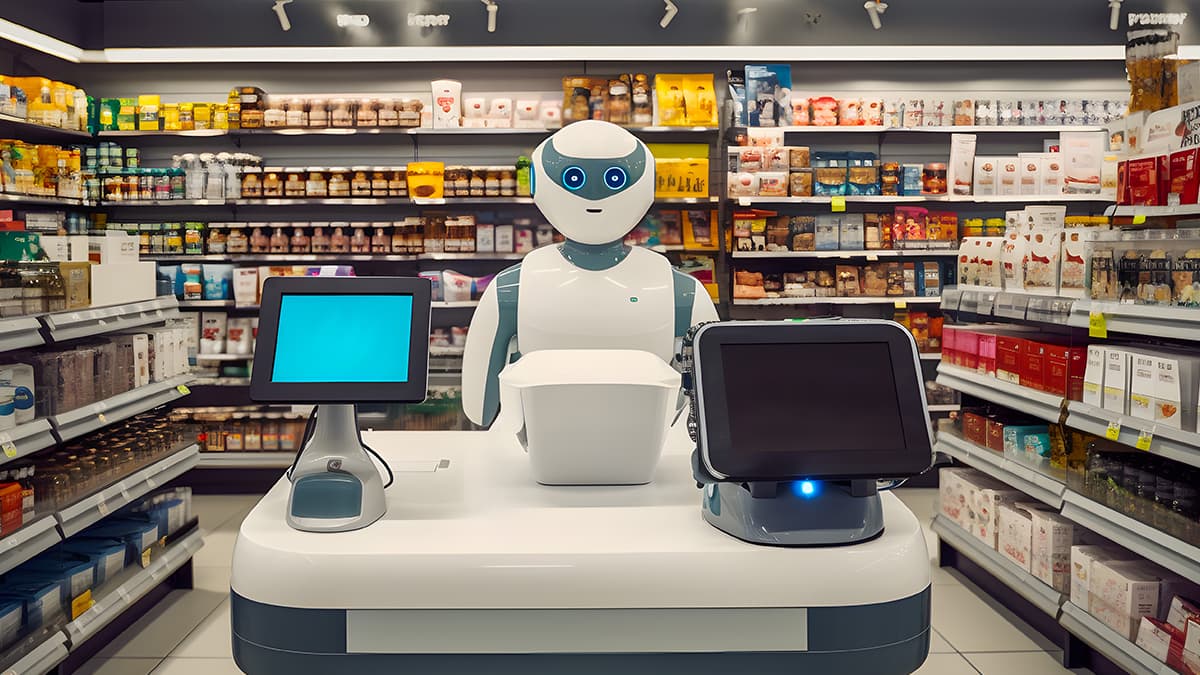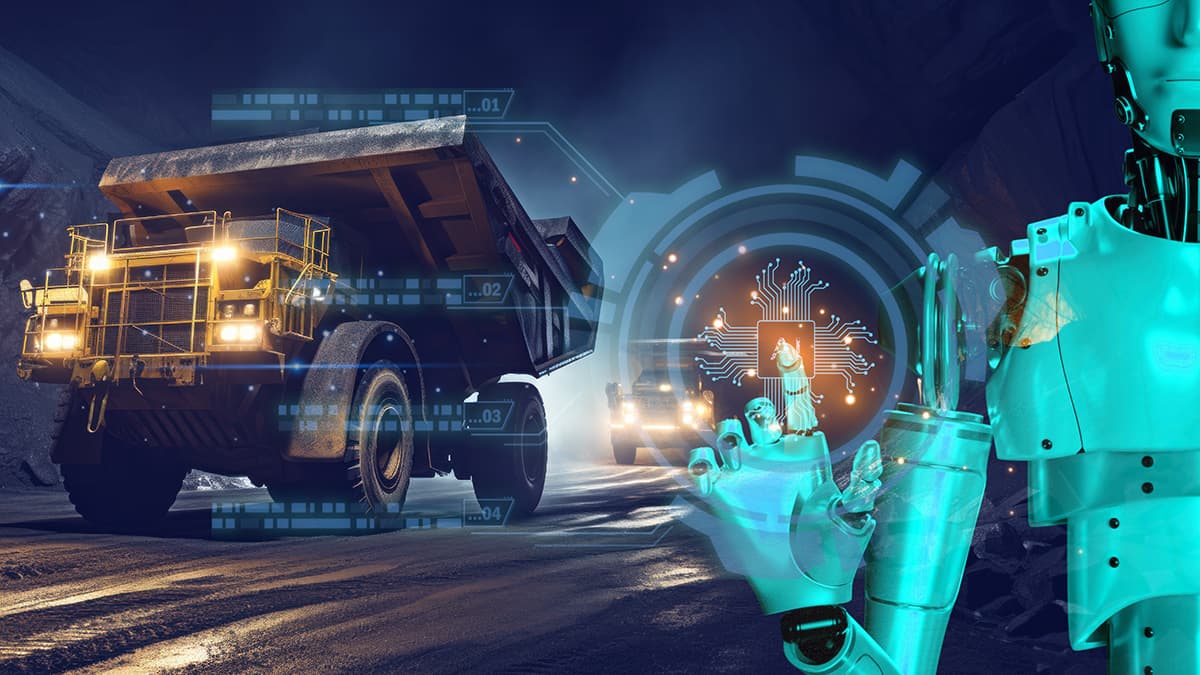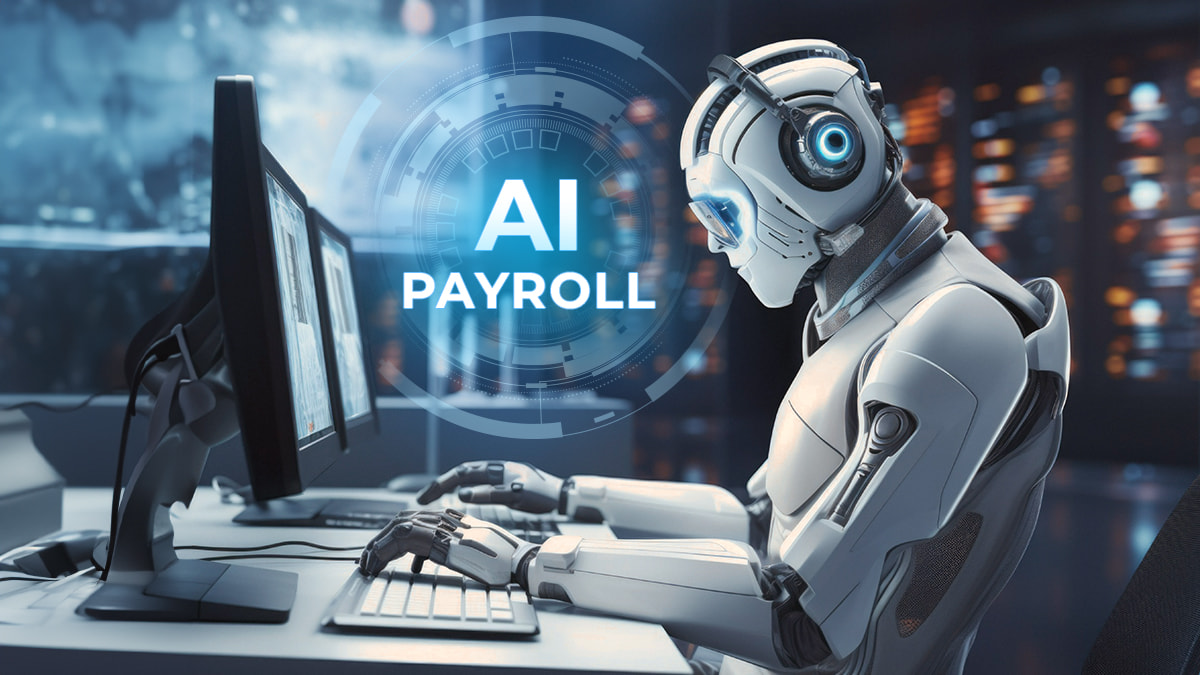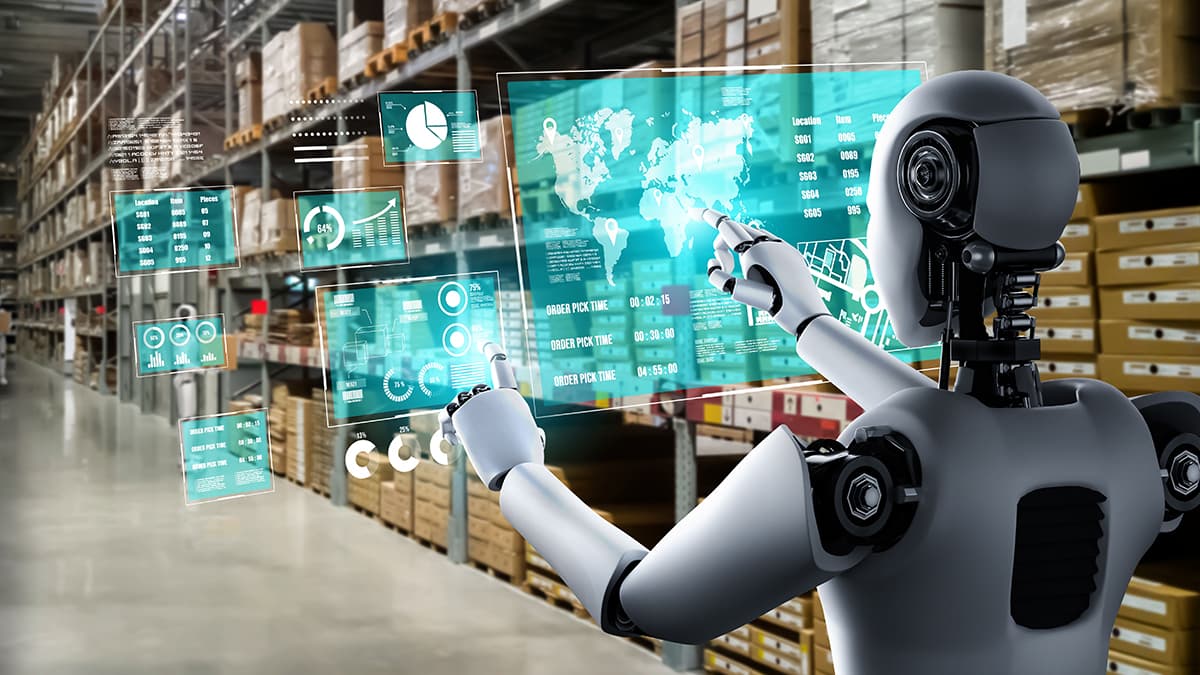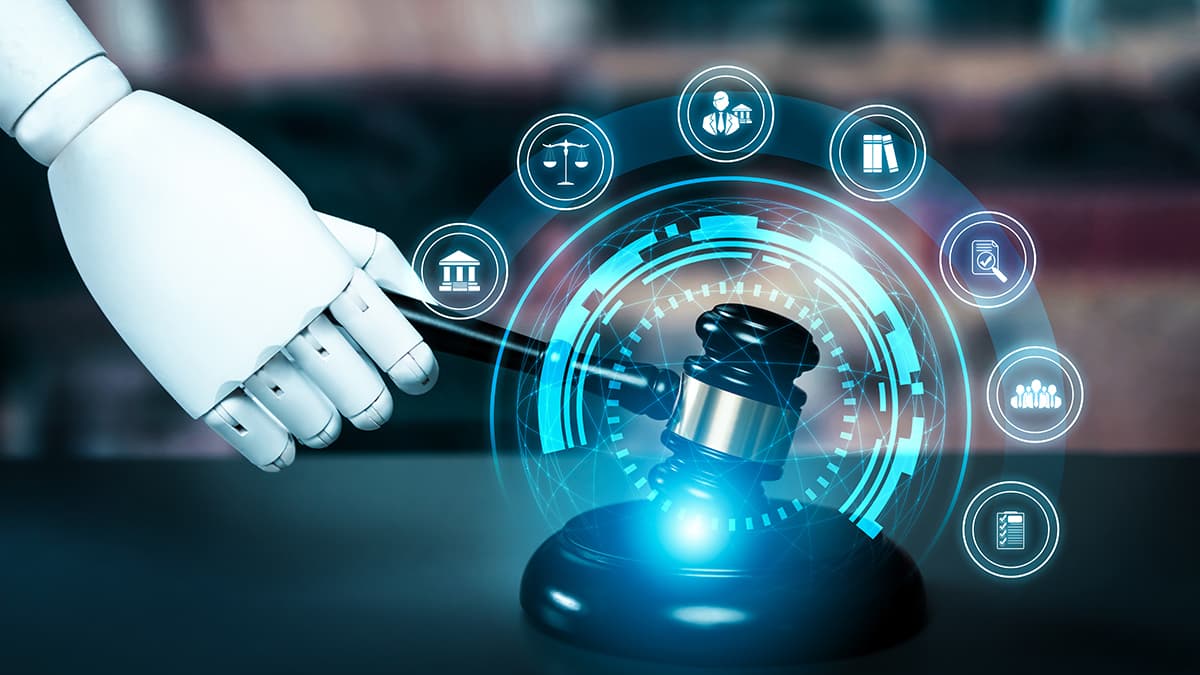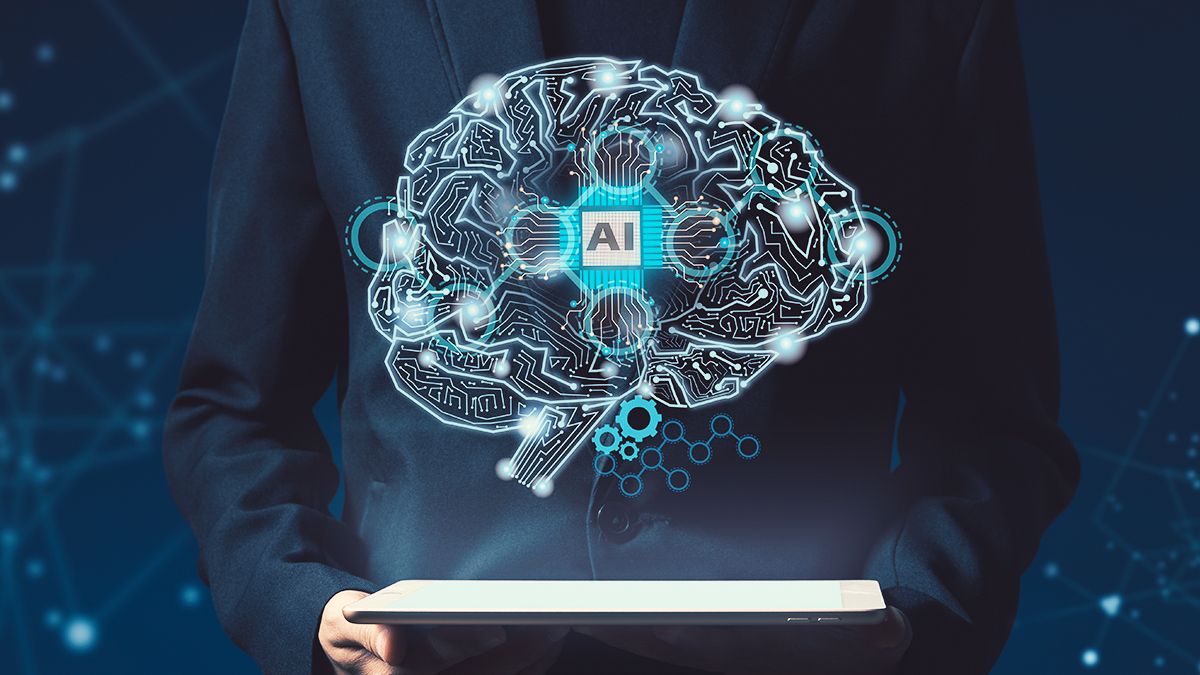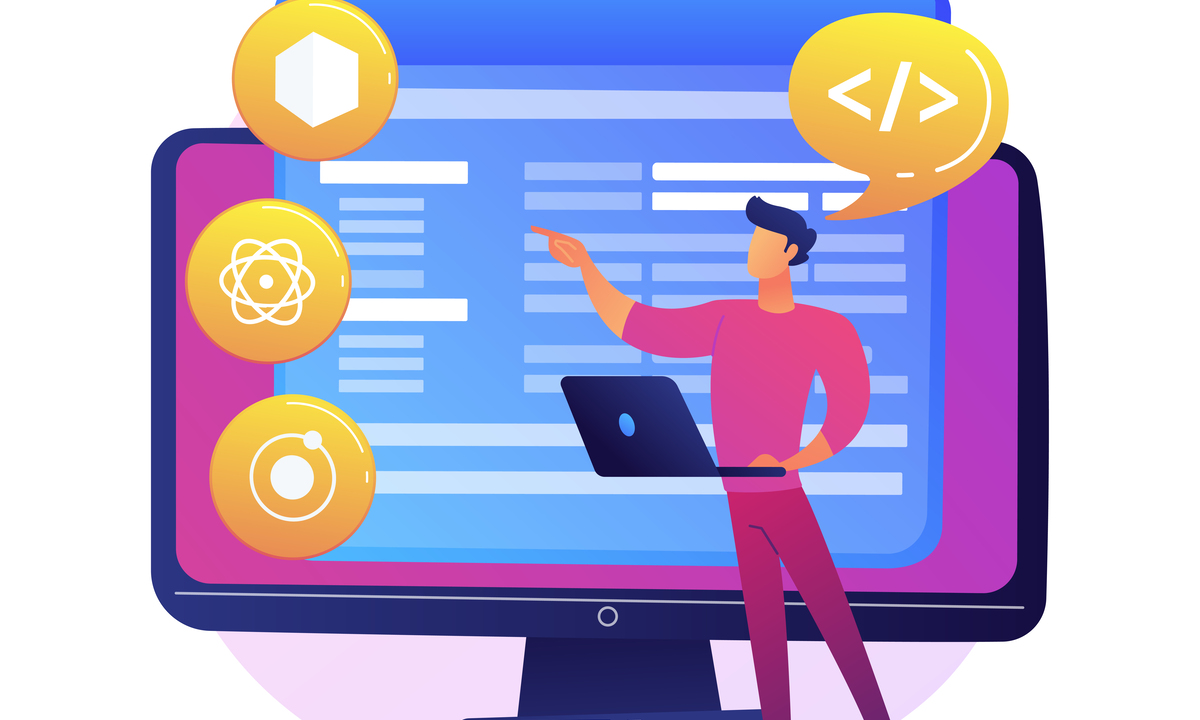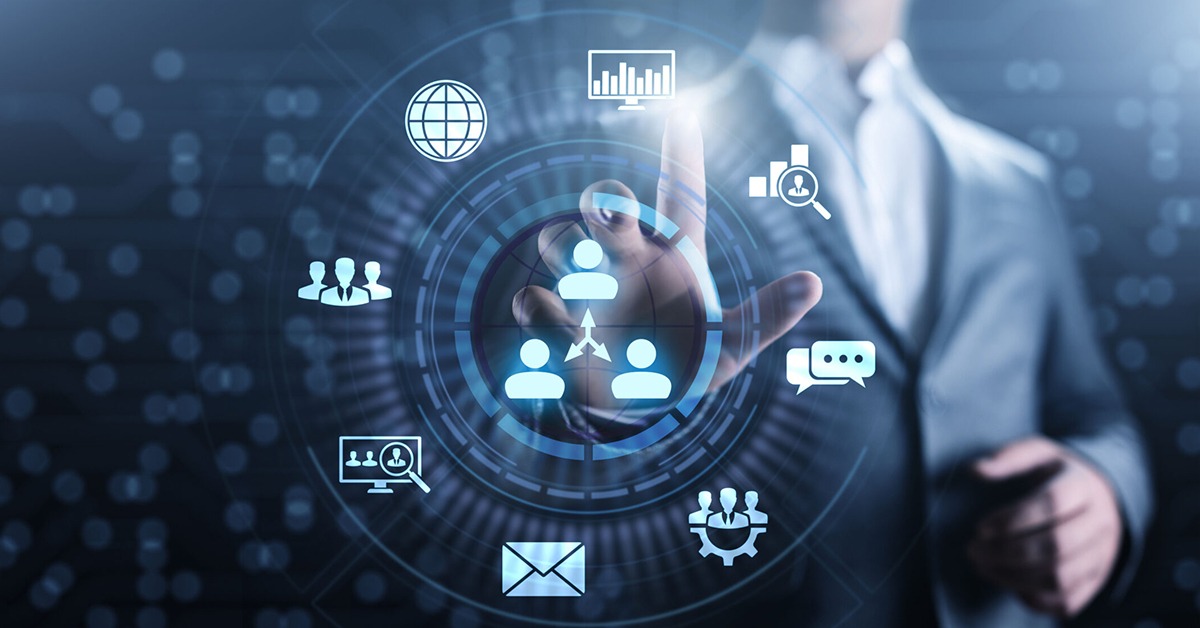
Artificial intelligence (AI) has dominated technological discussions for the past decade, but recently specialized terms like generative AI (gen AI) and agentic AI have emerged. While traditional AI provided pattern recognition and data analysis tools, gen AI creates entirely new content including text, images, video, audio, and code.
Agentic AI leverages large language models (LLMs), machine learning (ML), and natural language processing (NLP) to perform autonomous tasks independently. Although ChatGPT has received attention as a gen AI model with creative abilities similar to agentic AI, important distinctions exist between these technologies.
Agentic AI prioritizes decision-making rather than content creation, operating without constant human prompting or oversight. Early implementations include autonomous vehicles, sophisticated virtual assistants, and task-oriented copilots. Understanding the differences between these technologies is crucial for driving innovation and enhancing decision-making.
What are the key differences between agentic AI and generative AI?
_1740049273.jpeg)
Generative AI creates original content in response to user prompts using deep learning models and robotic process automation (RPA). These models identify patterns in massive datasets to interpret natural language requests and generate high-quality content in real-time.
Agentic AI makes independent decisions and takes action with minimal supervision, combining LLM flexibility with traditional programming precision. It operates proactively using natural language processing, machine learning, reinforcement learning, and knowledge representation. Unlike reactive gen AI systems, agentic AI adapts to changing situations and makes contextually appropriate decisions independently.
Features of agentic AI and generative AI
Key features of generative AI:
Content creation: Gen AI produces coherent essays and solves complex problems. Applications like ChatGPT generate answers, create lists, and provide advice based on prompts, while streamlining software development through code generation.
Data analysis: Generative AI analyzes vast datasets to identify patterns and optimize complex workflows, particularly in supply chains.
Adaptability: Gen AI adjusts outputs according to user feedback, continuously improving response quality.
Personalization: Gen AI creates personalized recommendations based on user inputs, enabling retailers to deliver customized experiences through comprehensive preference analysis.
Key features of agentic AI:
Decision-making: These systems evaluate situations and determine appropriate actions with minimal human intervention.
Problem-solving: Agentic AI employs a four-step approach: perceive, reason, act, and learn—gathering data, analyzing information, integrating with external tools, and improving through feedback.
Autonomy: The capacity to learn and operate independently makes agentic AI promising for streamlining workflows with minimal oversight.
Interactivity: Agentic AI interacts with environments, gathering data for real-time adjustments, as demonstrated by self-driving vehicles analyzing surroundings for safe operation.
Planning: Agentic AI handles complex scenarios and executes multi-step strategies to achieve specific objectives.
Agentic AI and AI agents
_1740049370.jpeg)
Agentic AI provides the framework, while AI agents function as building blocks within it. The broader concept solves problems with limited supervision, while agents handle specific tasks with some autonomy.
Consider a smart home where agentic AI manages energy consumption using real-time data and user preferences to coordinate individual agents controlling thermostats, lighting, and appliances—all working collaboratively to achieve the homeowner's energy objectives.
Use cases for agentic AI and generative AI:
Generative AI use cases:
Content creation for SEO: Businesses produce SEO-optimized content that drives organic traffic, helping clients achieve higher search rankings.
Marketing and sales: Generative AI supports sales operations through chatbots and virtual assistants, handling specific tasks while facilitating lead generation.
Product design and development: Gen AI creates new product concepts based on market research and user preferences, accelerating development cycles for industries like fashion.
Customer support automation: Companies automatically generate responses for service inquiries, handling tasks like order status updates, refund requests, and shipping questions.
Agentic AI use cases
Customer service: Autonomous agents assess customer intent and emotions while resolving issues independently, ensuring smoother interactions and freeing employees for higher-impact projects.
Healthcare: Propeller Health demonstrates integration with smart inhaler technology, collecting real-time data on medication usage and environmental factors while alerting providers when necessary.
Automated workflow management: Agentic AI manages business processes autonomously, handling complex tasks like supply chain optimization and automatically adjusting logistics based on real-time conditions.
Financial risk management: These systems analyze market trends and financial data to make autonomous investment decisions, adjusting strategies based on real-time economic, social, and political developments.
Agentic AI and generative AI trends
_1740049403.jpeg)
Generative AI trends
Gen AI augmented applications: Integration into software platforms enhances user experiences with increasingly personalized functions.
Synthetic data for model training: AI-generated data supplements training where real-world information is unavailable, improving AI development across robotics, autonomous driving, and finance.
Deepfake technology: Gen AI enables hyper-realistic images and videos, raising ethical concerns regarding misinformation.
Content personalization: Marketing teams adapt campaigns to individual preferences using gen AI analytics, particularly in retail.
Agentic AI trends
Financial services: Agentic AI revolutionizes trading strategies through market analysis and expedited execution, retrieving real-time information comprehensively.
Robotics: Organizations deploy robots to streamline warehouse operations, performing specific tasks autonomously.
City planning: Systems analyze diverse datasets including traffic information and sensor data, helping planners make informed decisions efficiently.
Human resources: Agentic AI provides autonomous decision-making and employee support, automating routine work while delivering personalized responses.
While generative AI excels at creating content based on human prompts, agentic AI represents the next frontier through autonomous decision-making and proactive problem-solving. Organizations that understand these differences can strategically implement both technologies to complement human capabilities, automate complex processes, and drive innovation.
At CSM, we deploy hybrid strategies for our customers that includes model development, training, orchestration and use case development, tailored to any kind of enterprise need.
Talk to us today for a consultation.
Want to start a project?
Get your Free ConsultationOur Recent Blog Posts

© 2025 CSM Tech Americas All Rights Reserved


